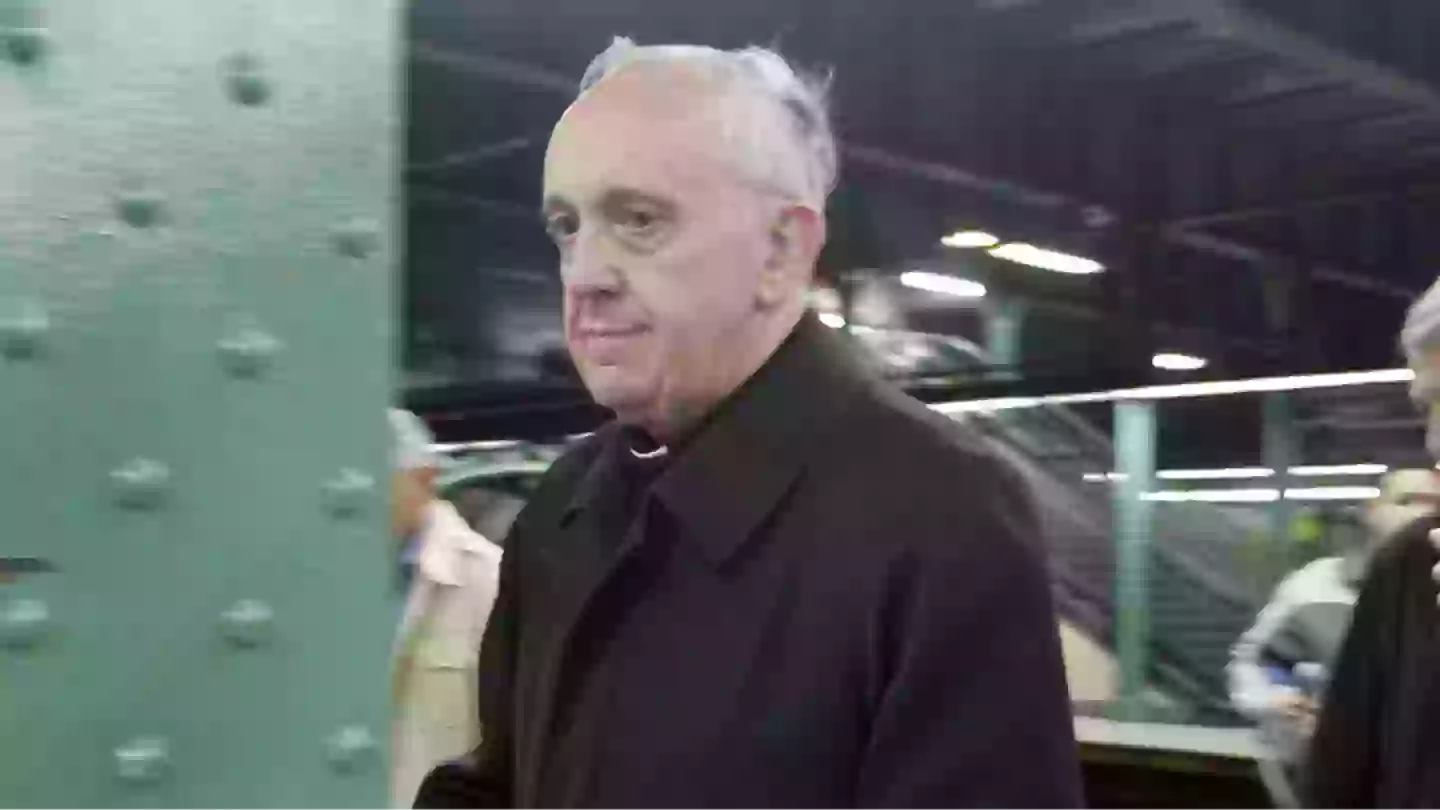Pope Francis made history as the first individual from the Americas and the Southern Hemisphere to lead the Catholic Church. However, prior to his papal role, he held a very different and unexpected position.
He assumed the papacy following the retirement of Pope Benedict XVI in 2013. After serving for more than a decade, Francis passed away on Easter Monday (April 21) at 88 years of age.
Originally known as Jorge Mario Bergoglio, or Cardinal Bergoglio of Argentina, he adopted the name Francis in honor of St Francis of Assisi when he was elected in March 2013.
Many of Francis’s supporters appreciated his fresh approach, as he often broke away from tradition, such as opting to ride a bus with fellow cardinals instead of using the papal limo. Yet, this was not the most surprising thing about Pope Francis.
Before his time as Pope, Francis grew up in Buenos Aires, Argentina, engaging in activities like tango dancing and supporting his local football club, San Lorenzo.
According to BBC News, Francis began working while studying, and one particular job he held was notably unconventional.
It wasn’t a religious role, nor was it a position of leadership or within a church, but it did involve making influential decisions.
Before becoming Pope, Francis worked as a nightclub bouncer.
Indeed, the man who later made critical decisions on faith and morality for Catholics once decided who could enter a club and managed any altercations among the patrons.
It’s a stark contrast to his Vatican duties and certainly an unexpected revelation.
This discovery surprised many, with one Twitter user expressing: “I’m not educated about religion much but it’s crazy to see he went from working at a nightclub to being THE POPE.”
Another added: “He was the coolest Pope ever!”
In 1992, Francis became the Auxiliary Bishop of Buenos Aires, later advancing to the position of Archbishop.
Less than a decade later, Pope John Paul II appointed him as a cardinal, setting the stage for his eventual election as Pope after Benedict XVI’s unprecedented voluntary retirement in nearly six centuries.

